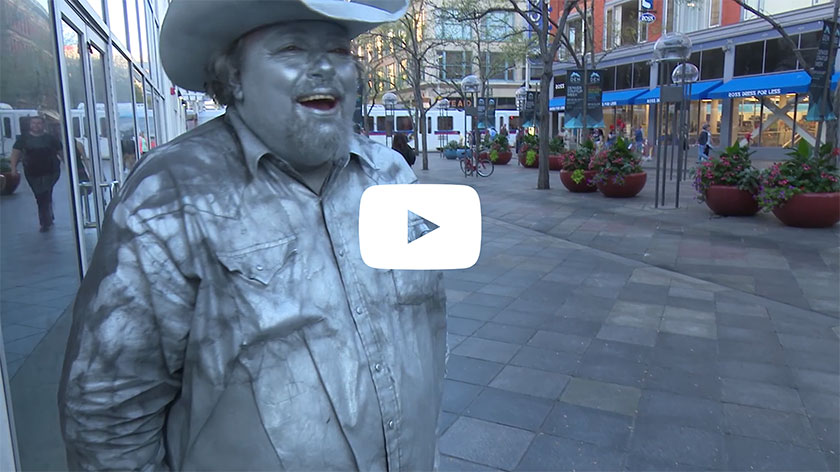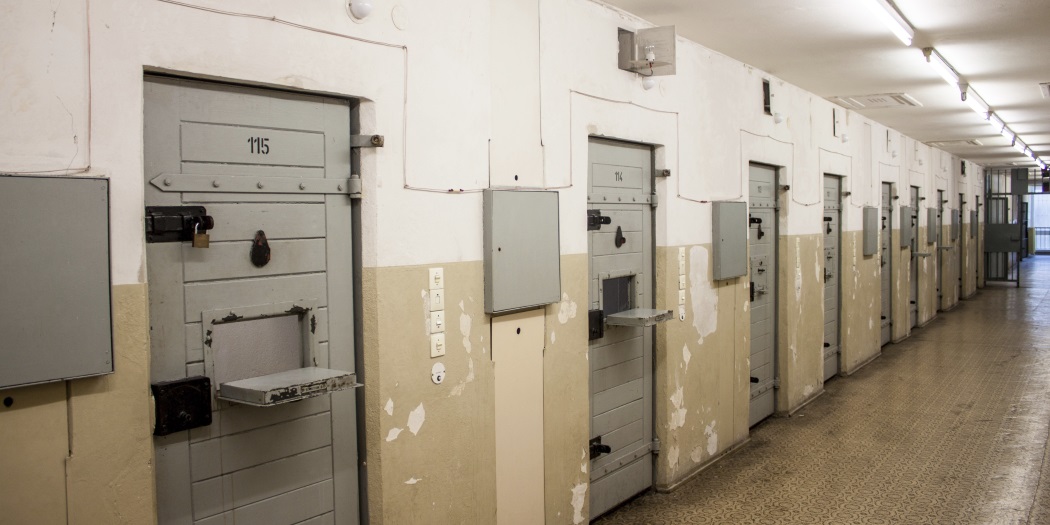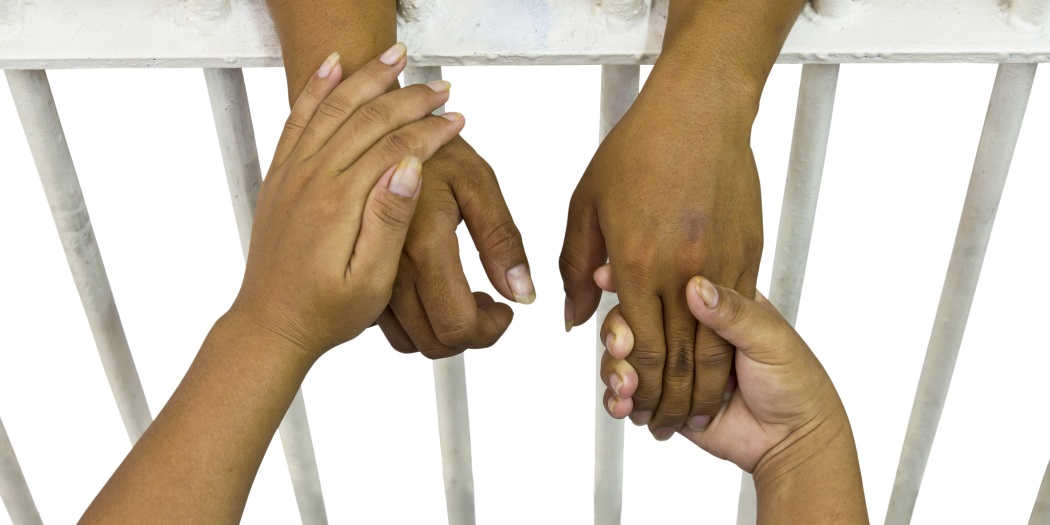


Out of the streets, Denver's silver cowboy is rebuilding his life after addiction and incarceration.

Ian is man on a God-ordained mission.

At one of the many prisons of Cañon City, Colorado, a former prisoner offered hope to another. It was like watching one beggar leading another to bread.
The children were headed to the prison's gym where they would meet their incarcerated mothers for a day of fun and memory-making.

Did you know that in Arkansas it is against the law to mispronounce "Arkansas?" Or that in New Jersey it's illegal for a man to knit during fishing season?

In a back room at Denver Women's Correctional Facility (DWCF), five jet-black robes slip over prison uniforms.
Join Prison Fellowship® for our Second Chances 5K runs this April in Denver and St. Paul!

At the end of the summer, Joe, long-time Angel Tree coordinator from Colorado, received a letter. It was from 17-year-old DuPree.
DuPree wrote:
“I would like to thank you again for another amazing year at camp. I actually would like to thank you for the 8 years you have sponsored me and given me the opportunity to enjoy fun activities, meet awesome, encouraging people, and become closer to Christ …”
DuPree’s father went to prison when he was a toddler.

When the Washington State DOC’s former chief Bernard Warner describes solitary confinement, he doesn’t sugarcoat it. “I saw firsthand the conditions and environment in those housing units,” he tells TakePart.com. “It was pretty horrific.”
The Bureau of Justice Statistics reported that around 20 percent of prisoners have spent time in solitary confinement.

When men and women who have been convicted of a crime are incarcerated, the sentence almost always extends beyond the prisoner. Spouses, parents, and children all “serve time” with their loved ones behind bars, suffering silently as they pay the price together for past misdeeds.
Every race has a finish line. But what happens when that line gets pushed farther out making it virtually unreachable?
That’s how it can feel for men and women entering society after completing their prison term. Though their “debt to society” has been paid, payday never ends since many former prisoners find themselves wading through a “second prison,” further locking them into a life with limited choices.
In some ways, the races seemed like any other 5K competitions that take place every weekend across the country. The runners laced up their shoes and stretched in preparation for the run, affixing their bib numbers and hoping for fast times.
It is becoming harder and harder for who have never had a criminal record to think that they can isolate themselves from those that have. Even if there might have been a time when crime was restricted to certain neighborhoods or classes, the growing conviction and incarceration rates makes it increasingly rarer that an individual would not be in contact with a friend, a neighbor, or a family member who has a criminal past.

For many men and women with criminal convictions, the road to move beyond the past and become contributing members of their communities is filled with hurdles and potholes. In addition to the stigma associated with having a criminal record, there are numerous legal impediments that prevent these people from obtaining work licenses, voting in elections, or even advancing to job interviews.